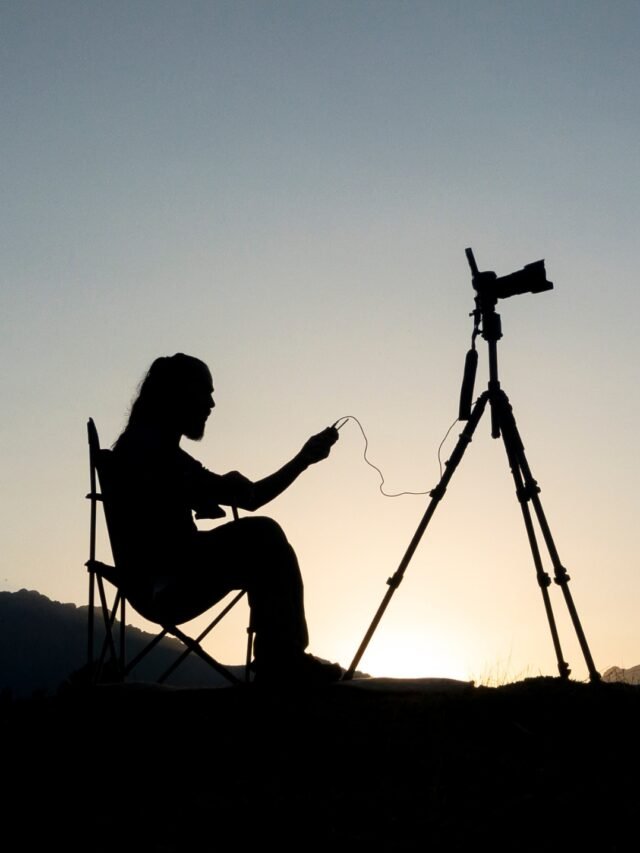In a move that has captured the attention of fans and legal experts alike, Taylor Swift is embroiled in a potential lawsuit against a University of Central Florida student for tracking her private jet movements. This case highlights a complex intersection of celebrity privacy, public safety, and the legalities surrounding publicly available information.
Taylor Swift, a global music icon, has reportedly been living in “a constant state of fear for her personal safety” due to the actions of Jack Sweeney, a college student who has gained notoriety for tracking the flight patterns of several high-profile individuals. Swift’s legal team has issued a cease-and-desist letter to Sweeney, accusing him of “stalking and harassing” the singer by making her travel itinerary public. This situation raises significant concerns over the safety and privacy of public figures, as well as the ethical implications of sharing such sensitive information online.
Read: Taylor Swift’s Record 4th Album of the Year Win at Grammys 2024
Jack Sweeney, on the other hand, defends his actions by stating that the flight information he shares is already public, questioning the legal grounds on which Swift’s team could potentially base their lawsuit. Sweeney’s project, which began as an endeavor to monitor the carbon footprint of celebrities’ private jets, has sparked a broader discussion on environmental accountability and the public’s right to know.
Swift’s legal battle with Sweeney underscores the growing tension between the right to privacy and the availability of public information in the digital age. While Swift’s team argues that the tracker’s posts expose her to potential stalkers and endanger her safety, Sweeney and his supporters see his actions as a form of accountability, highlighting the environmental impact of private jet usage.
Read: NFL Super Bowl Rigging Claims: Swift’s Controversial Involvement Examined
This controversy also sheds light on the challenges celebrities face in maintaining their privacy amidst the pervasive reach of social media and online platforms. As the legal proceedings unfold, this case may set a precedent for how public figures can protect their privacy without infringing on the public’s access to information.






